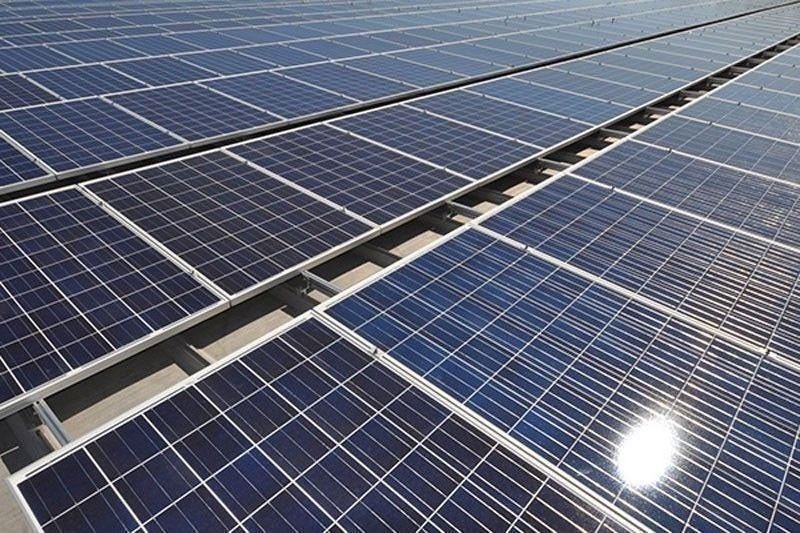September 2, 2025 | 12:00am
MANILA, Philippines — Ayala-led ACEN Corp. has moved a step nearer to changing into a 100-percent renewable vitality firm after totally divesting from its remaining diesel vegetation.
The corporate mentioned in a disclosure to the Philippine Inventory Trade that it signed final Friday a deed of absolute sale of shares with its majority shareholder, AC Power and Infrastructure Corp. (ACEIC), for the divestment.
The sale covers ACEN’s possession pursuits in Bulacan Energy Technology Corp., One Subic Energy Technology Corp. and CIP II Energy Corp.
The businesses are special-purpose autos proudly owning diesel vegetation in Luzon, together with a 52-megawatt plant in Bulacan, a 116-MW facility on the Subic Bay Freeport Zone and a 21-MW plant in La Union.
“The divestment will assist ACEN obtain its purpose of one hundred pc renewable vitality technology by end-2025,” the Ayala Group’s listed vitality platform mentioned.
Apart from the diesel exit, ACEN can also be exploring the usage of transition credit for the early retirement of its 246-MW South Luzon Thermal Power Corp. plant in Batangas.

The transfer goals to close down the coal plant as early as 2030 and change its technology output with clear energy.
Transition credit are a kind of carbon credit score earned when coal vegetation are decommissioned forward of schedule and changed with renewable sources.
Carbon credit are tradeable certificates that signify one ton of carbon dioxide equal to greenhouse gasoline emissions lowered or faraway from the ambiance.
Governments and firms with sustainability targets might buy such credit to offset their emissions.
Earlier, ACEN president and CEO Eric Francia referred to as on the federal government to accentuate efforts in establishing the required insurance policies to implement and undertake transition credit.
“We’d like the credit to be of excessive worth to help the coal-to-clean transition as a result of we have to handle protecting the coal plant, the neighborhood, staff, traders, lenders and clients,” Francia mentioned.
“The Philippine authorities might want to arrange its carbon framework and insurance policies. We have to have the correct registry, carbon registry and accounting system,” Francia added.


